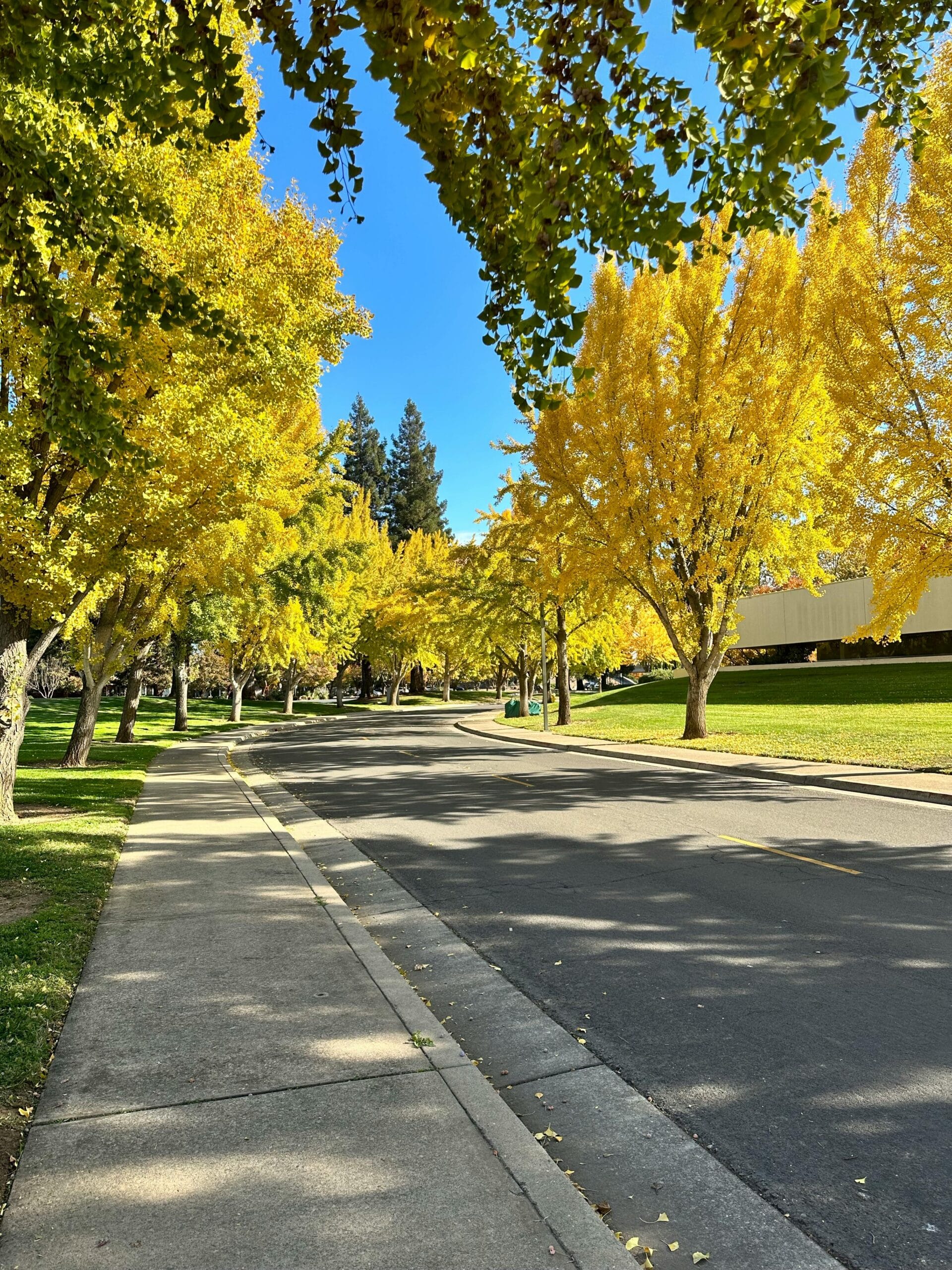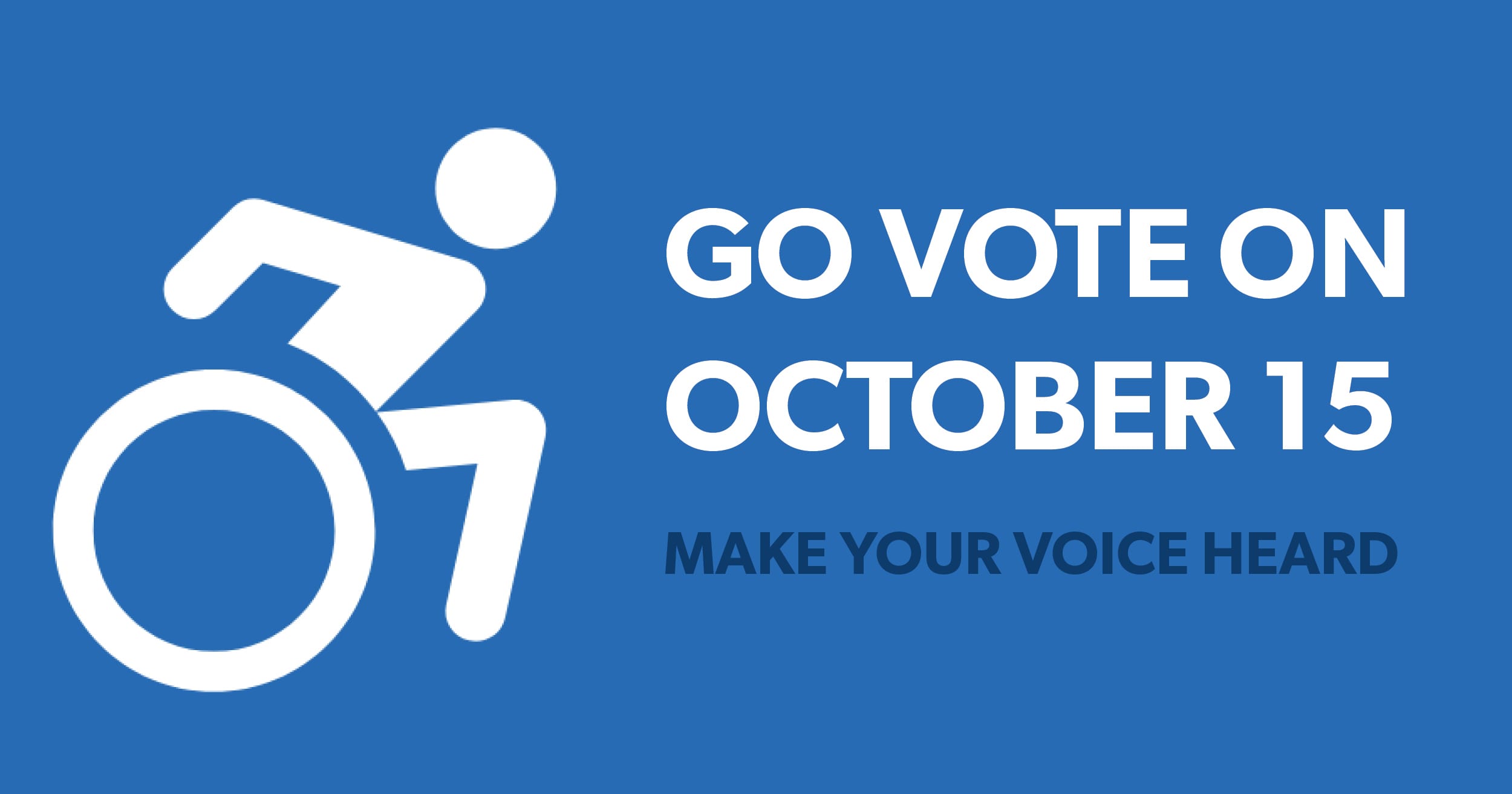Does wheeling along a sidewalk in your community feel more like driving off-road?
Sidewalks become inaccessible for many reasons, including deterioration over time causing craters and humps, improperly built curb cuts, construction that temporarily blocks access, frost heaves, people who park across sidewalks or across the curb cuts, store sidewalk displays blocking access, etc. Some of these problems can be dealt with through education of the appropriate parties but other solutions are more expensive.
I recently had the opportunity to speak with someone in detail about the sidewalks and streets in her town in BC. This conversation was especially interesting for me because I’m a member of my local accessibility advisory committee. We provide advice to city council and city staff on matters of accessibility in the community, and promote awareness of the multiple benefits of accessibility for all citizens.
As I helped this person decide whether to pursue this issue in her community and how to proceed, I had the opportunity to ponder how many other people around BC are concerned about this but don’t know how to take action.
It can seem pretty daunting to take on the municipal government. After all, what difference can one person make? The answer is that one person CAN make a lot of difference, especially if many individual people work towards the same goal. The curb cuts that we see in many BC communities now are the result of many individuals working very hard to make a positive change. Sometimes it takes one person to start by taking a stand against something, to be a rallying voice in the fight for a better community. I like to think that it’s better to try to do something to make things better, even if it’s hard work or takes many years to see success, than to recognize a problem and not do anything about it.
So what can you do? Many BC communities have an accessibility committee whose members work to improve local conditions. You can check with your local government office, or contact InfoLine at 1 800 689 2477 or info@sci-bc.ca to find out more. In Prince George where I live, there is a short application form to fill out and once a year, or more often if needed, city council votes applicants onto the committee. Another option is to use social media to get people’s attention and to get connected to others who care about this issue. You can also talk to others about why accessibility matters.
I like to modify my message to suit the person I am talking to. Most people involved in disability or seniors issues already “get it” and don’t need much persuasion to help out. When I speak to business owners to ask them to put pressure on the decision makers, I point out that people with disabilities like to shop too. If the sidewalk outside their business is not usable, these people will go elsewhere. When I speak to people in my local government, I talk about the importance of encouraging people with disabilities and seniors to want to continue living and spending money in this community. I might mention that some people with disabilities prefer to shop online because it’s easier, which means that local businesses aren’t getting that money. In Prince George these days I also talk about the Canada Winter Games coming in 2015 and the importance of ensuring that all visitors to our community can easily access what they want. I like to point out the areas of the city that have good sidewalk access, because much work has been done in this area over the years, as an example of how to do things right.
At the end of the day, sidewalk accessibility, like so many other things, is not just an issue for people using mobility devices. I am visually impaired, and I find it difficult to navigate a sidewalk that is too uneven because I can’t always see the problems until it’s too late. Friends who push baby strollers around the community tell me they also appreciate good sidewalks, as do delivery people and athletes. People using mobility devices experience the greatest obstacles when encountering sidewalk problems, but many other people and groups in our communities benefit from good sidewalks too.
Contact InfoLine if you want to discuss in more detail how you can advocate for change in your local community. 1 800 689 2477 or info@sci-bc.ca
Read Heather's blog to find out more about sidewalk accessibility in BC communities.
Suggestions




